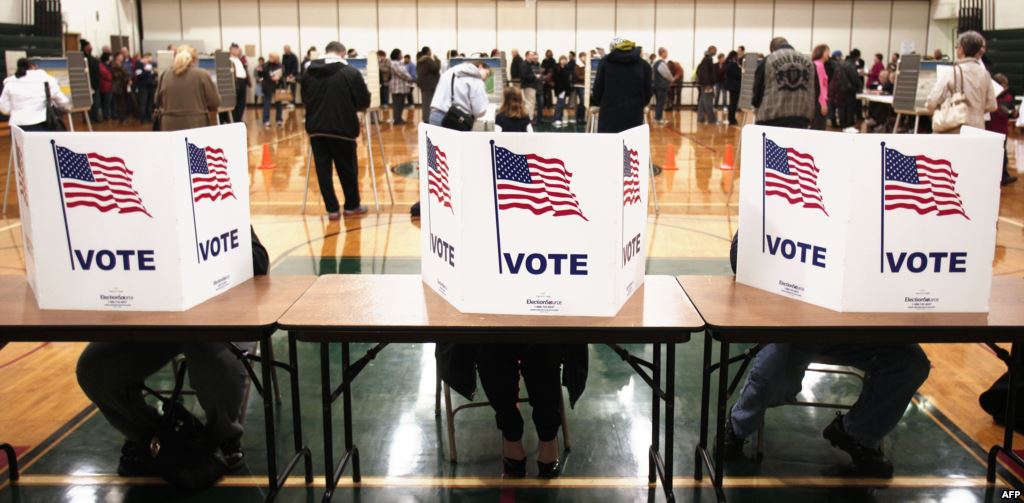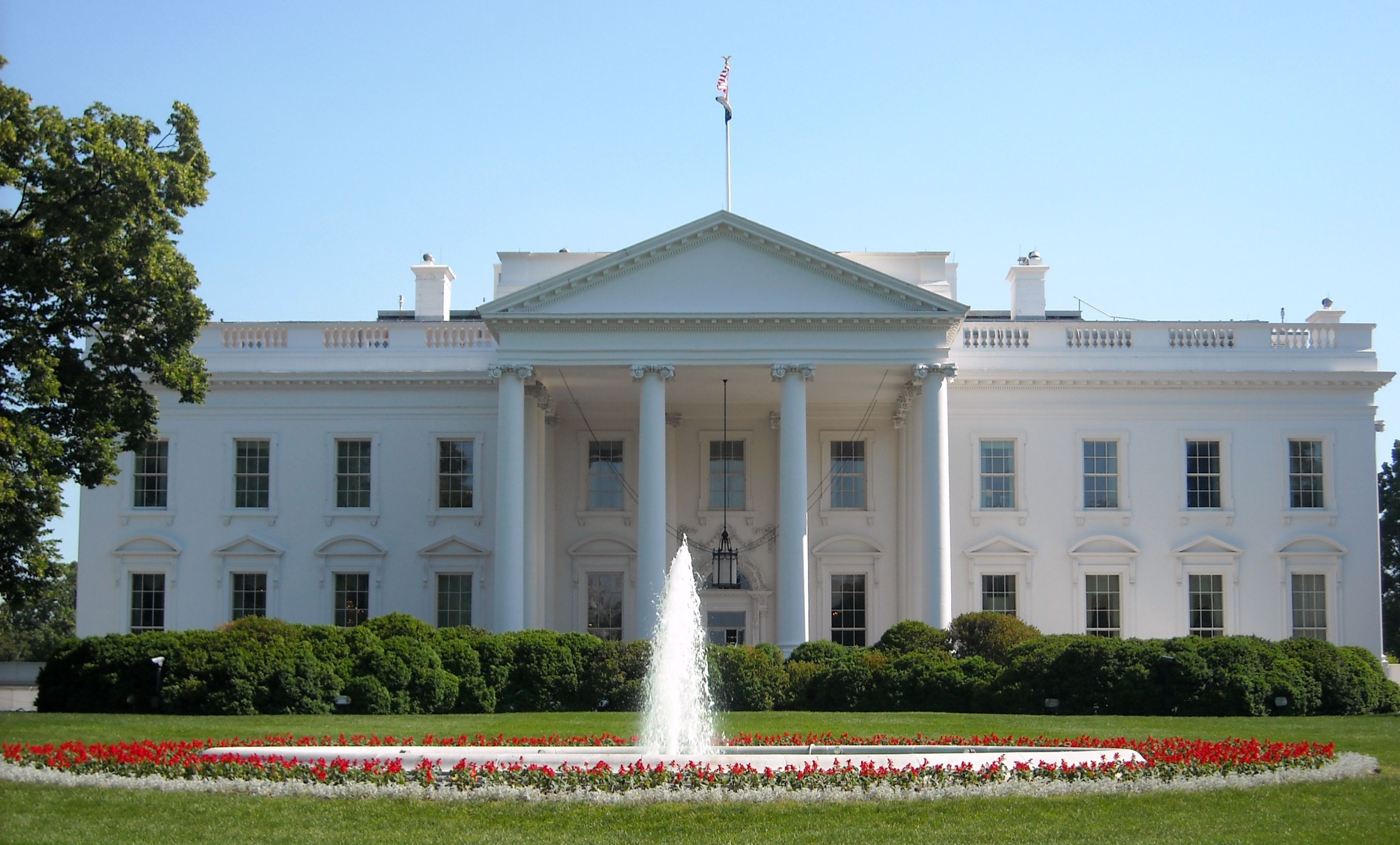 Media and polls predicted the victory of Hillary
Clinton. But the verdict of the ballot boxes was clearly
different from all these forecasts. Americans chose Donald
Trump instead of Hillary Clinton. Was it a surprise or
simply an ignorance of the aspirations and expectations of
voters?
Media and polls predicted the victory of Hillary
Clinton. But the verdict of the ballot boxes was clearly
different from all these forecasts. Americans chose Donald
Trump instead of Hillary Clinton. Was it a surprise or
simply an ignorance of the aspirations and expectations of
voters?
The gap between the media and citizens in a world where everyone can create content seems so wide. With social media, videos and smart phones, practically everyone can bring back a “fact”. Now I am wondering what the difference is between information and witnessing an event. The journalist who knows the rules of information processing, the best person to report an event? After answering the 5W and H followed by investigations, you bet, he has the right information. Will a citizen who is able to report a ‘fact’ more quickly than a journalist, wait for the journalist or go ahead and release such information? Is it logical that people doubt the truth about the media?
Shared between the economy, the quest for satisfying the audience, the scoop, are the media the first credible source of information nowadays? Should we also rely on the media to be informed? Are citizens increasingly interested in verifying information before consuming it? If so, what are the audit tools they possess? These are some questions I ask myself and they are constantly and consistently begging for answers!



I think we cannot undervalue the expertise a journalist brings to reporting. That being said, reporters need to include the voice of all Americans in their reporting, not just the first row experts. The pulse of the people matters, and how the public feels got lost in this election. I’d like to see more collaboration between newsrooms and more engagement journalism with the public.